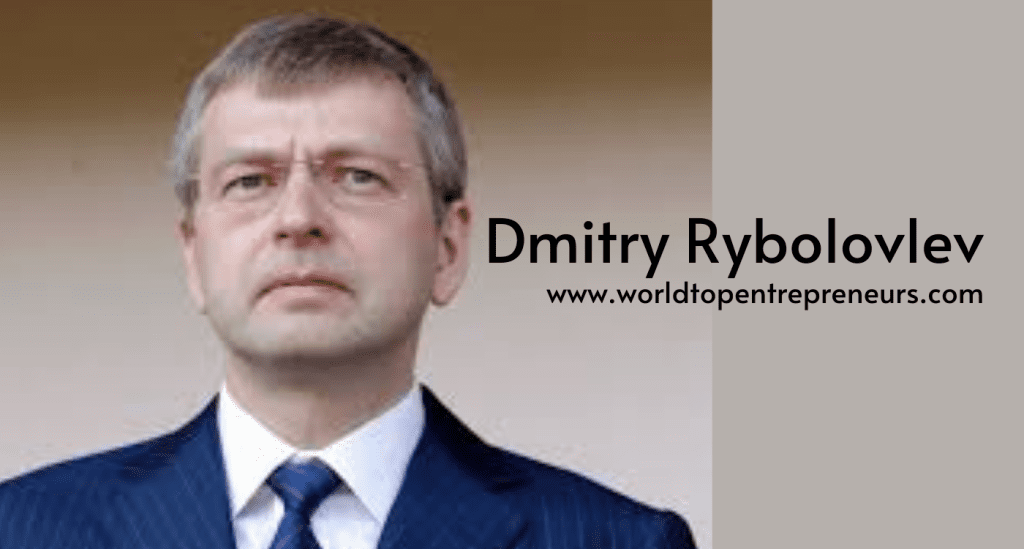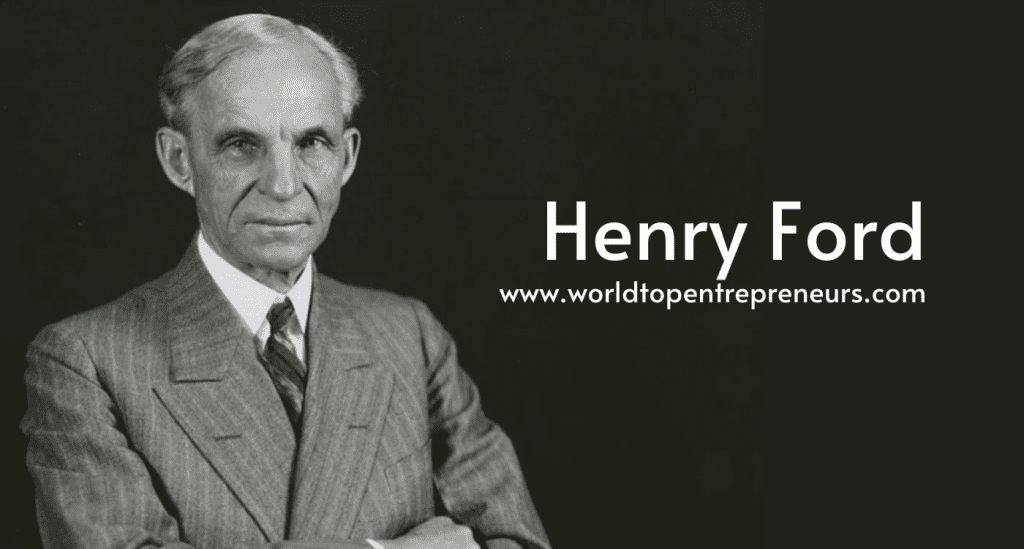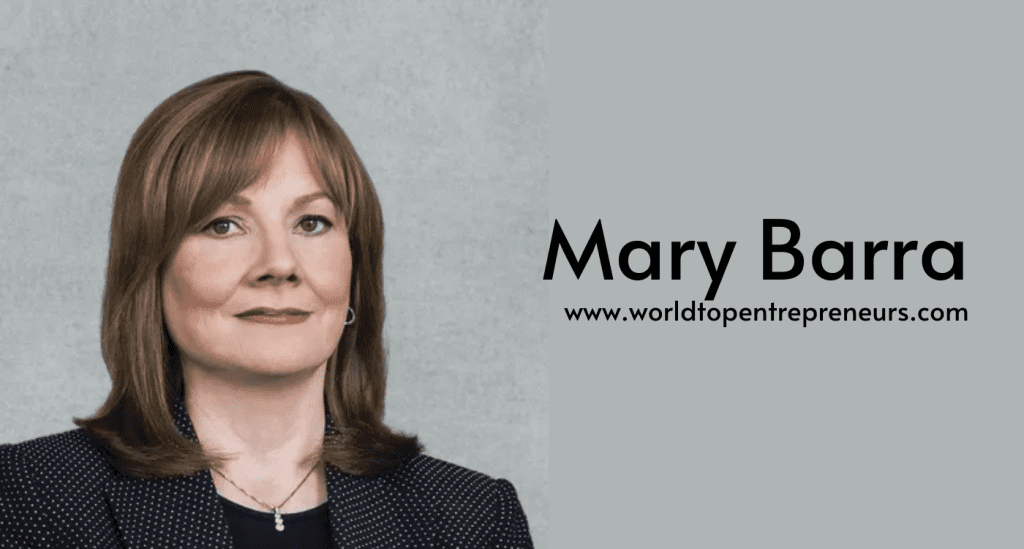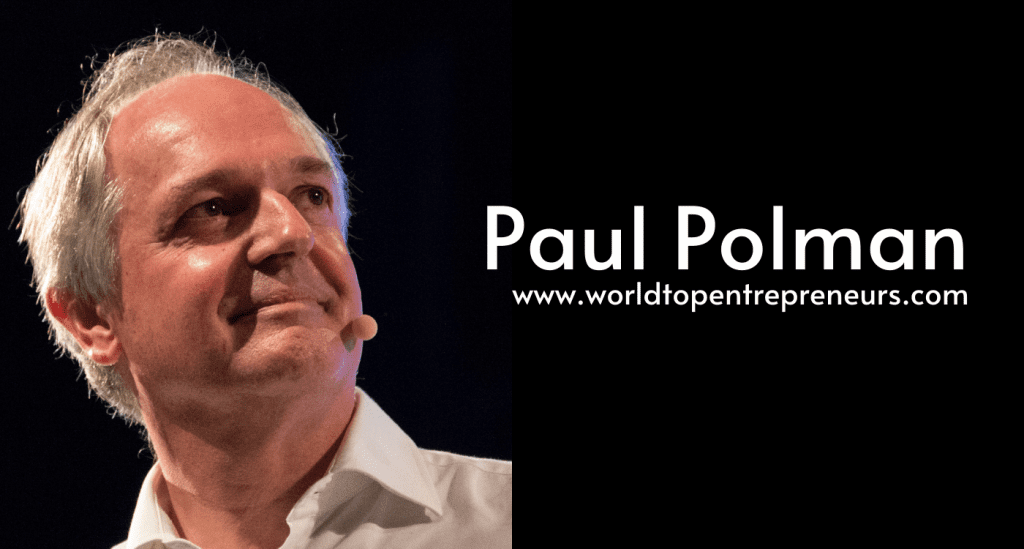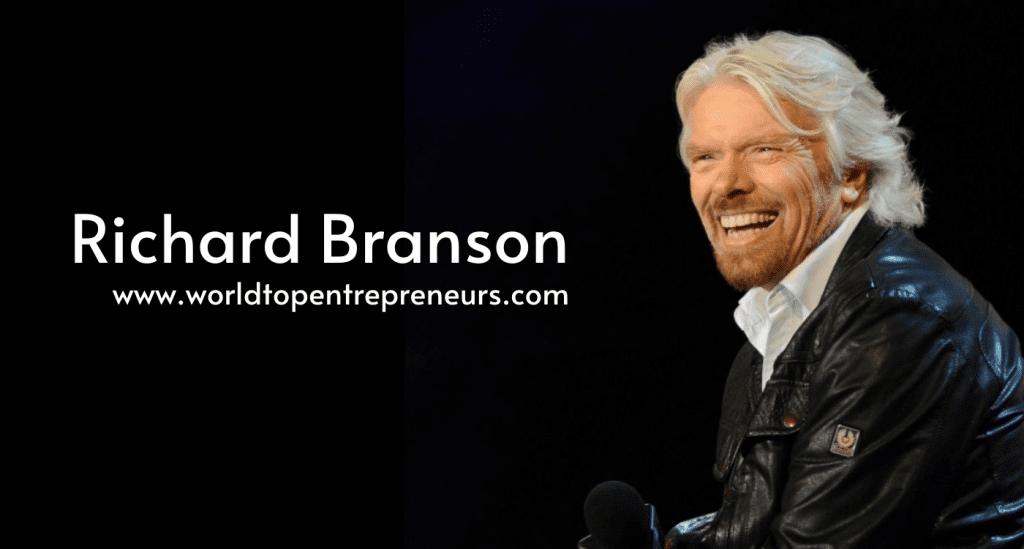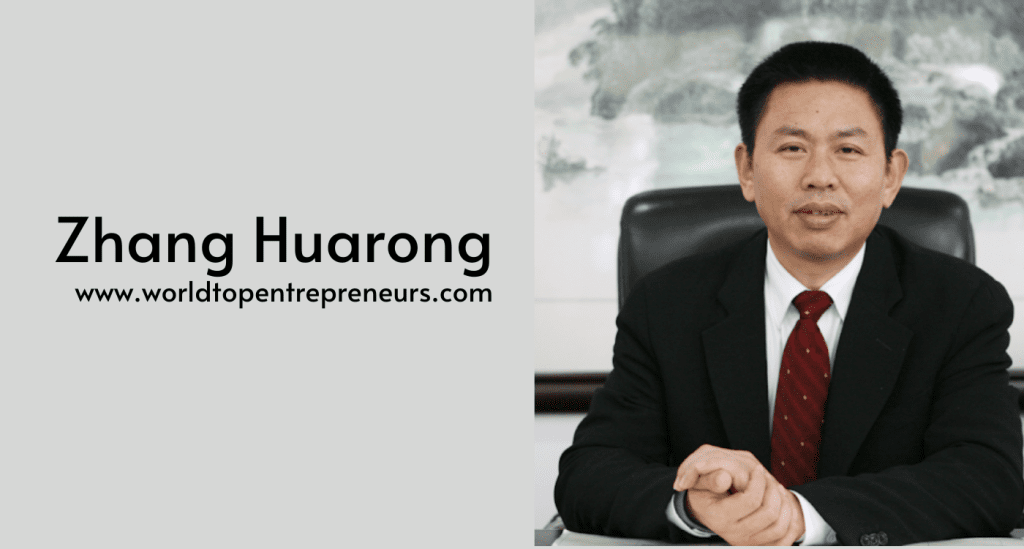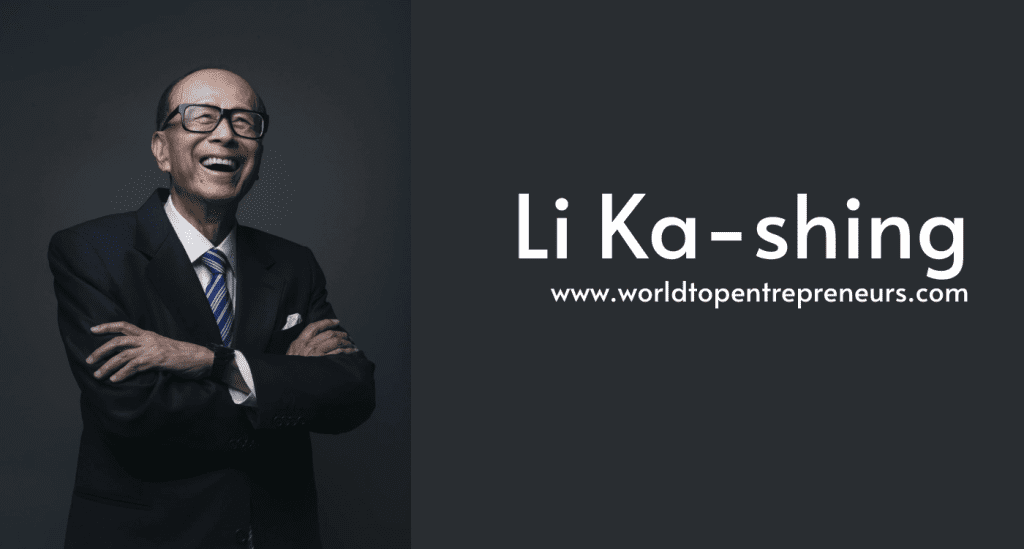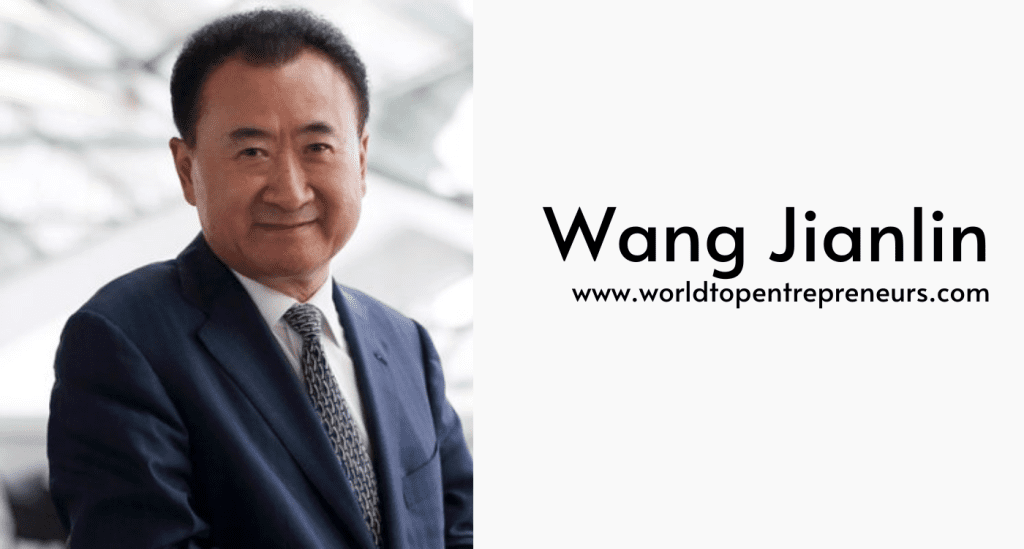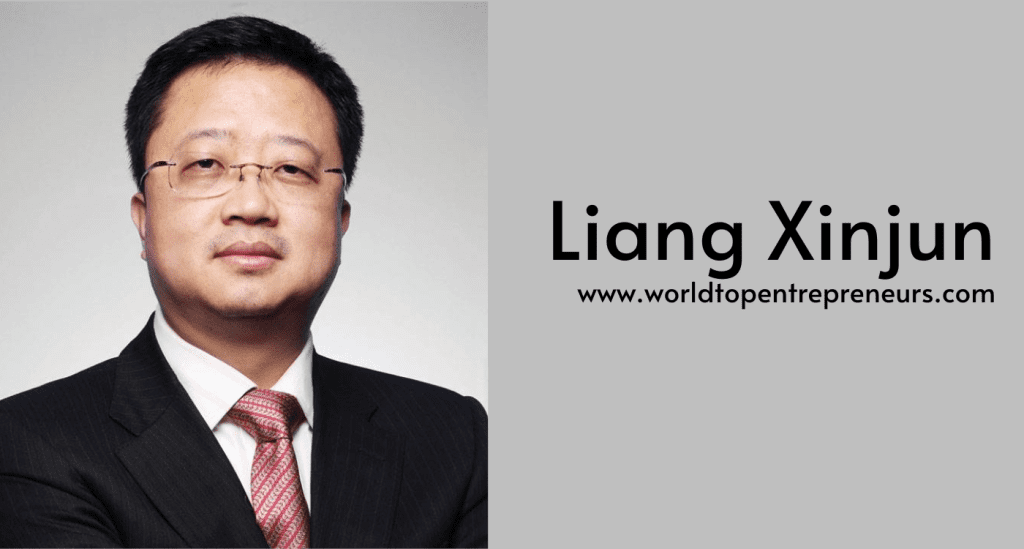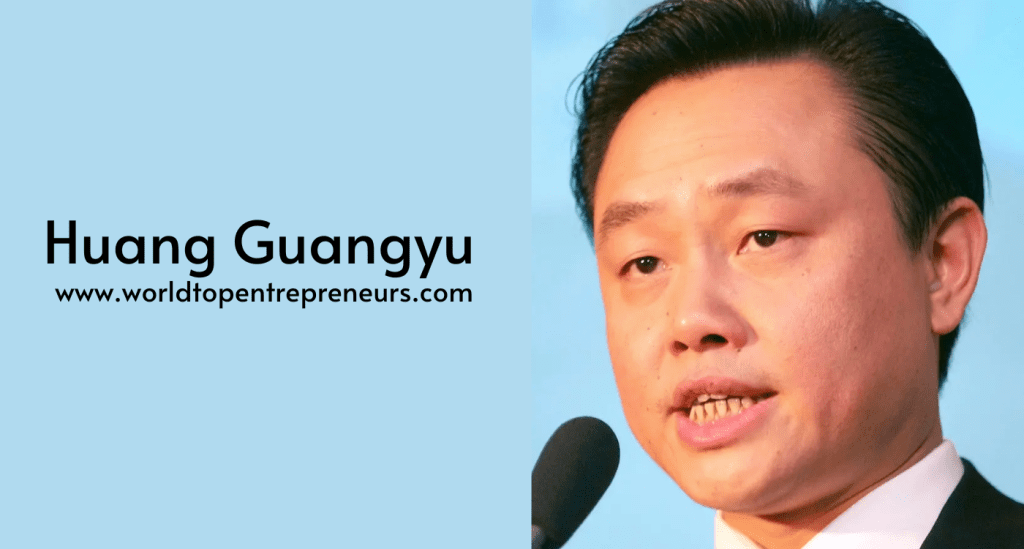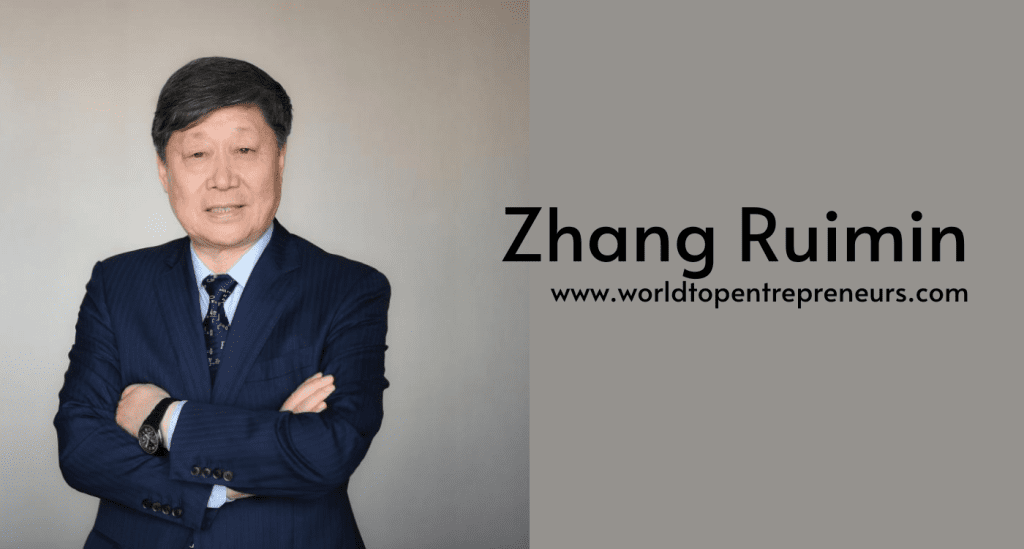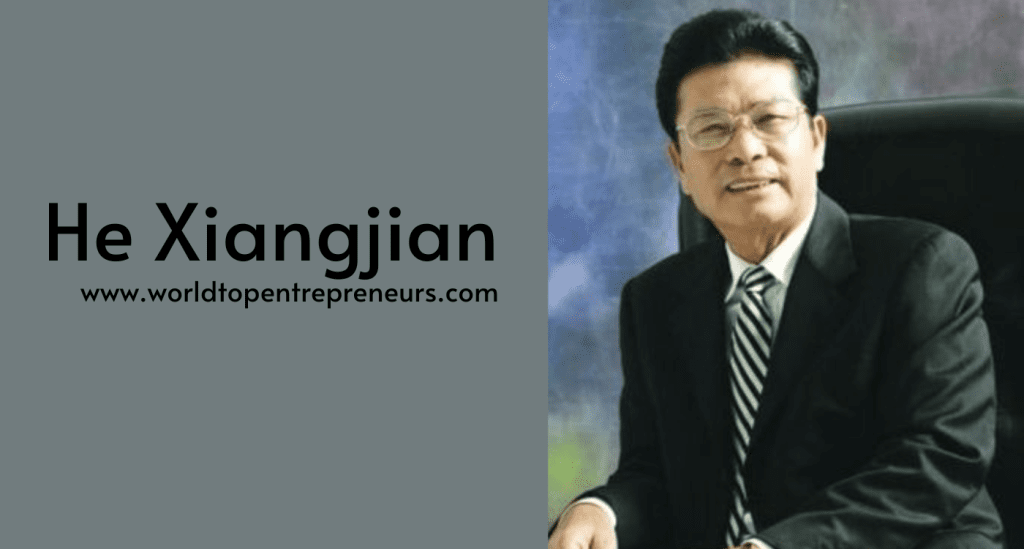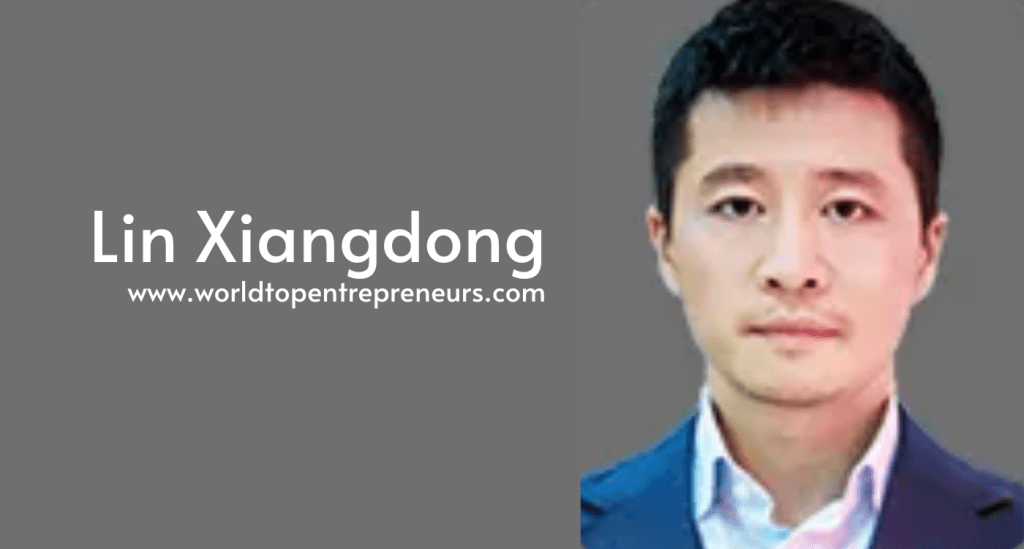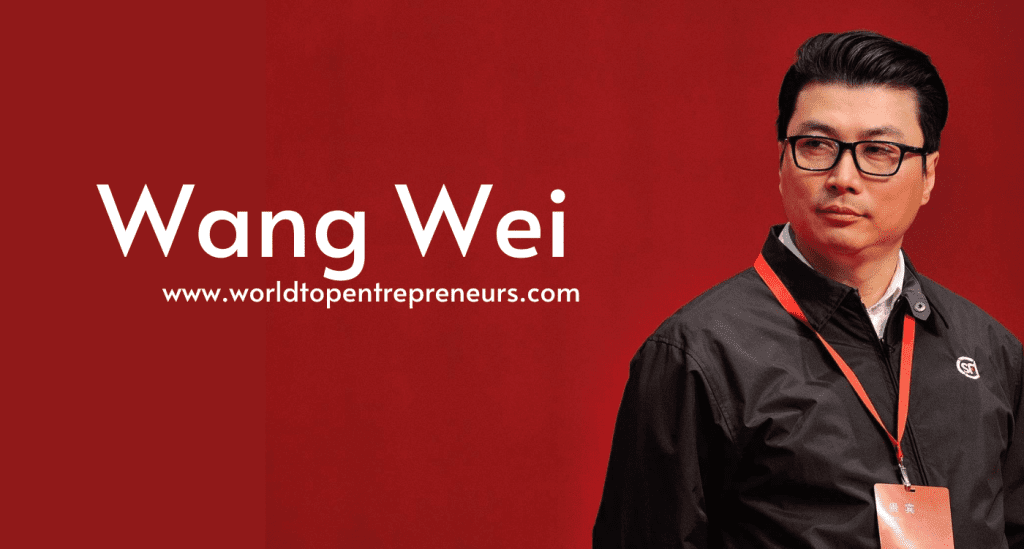Dmitry Rybolovlev is one of Russia’s most prominent and controversial businessmen. Known for his meteoric rise in the global business arena, Rybolovlev’s career has been largely defined by his involvement in Uralkali, one of the world’s largest producers of potash fertilizer, and his extensive investments in various sectors, including real estate, art, and energy. However, his journey has not been without struggle. Legal battles, high-profile divorces, and public scrutiny have often overshadowed his immense business successes.
In this blog, we’ll explore Dmitry Rybolovlev’s entrepreneurial journey, his educational background, his rise to prominence in the fertilizer industry, the challenges he faced, his business triumphs, and his current ventures.
Early Life and Educational Background
Dmitry Rybolovlev was born on November 22, 1966, in the city of Perm, located in the Ural region of Russia. Growing up in a modest family in Soviet Russia, Rybolovlev’s early life was relatively unremarkable. However, his academic excellence and intellectual curiosity were apparent early on.
Rybolovlev pursued his higher education at Perm State Medical Institute, where he earned a degree in medicine. Despite his background in the medical field, Rybolovlev’s interests eventually veered towards business. In the post-Soviet era, the Russian economy was transitioning rapidly from a state-controlled system to a market-driven economy, offering unprecedented opportunities for ambitious individuals. Rybolovlev, who initially worked as a doctor, quickly shifted his focus to the burgeoning privatization process that was sweeping across the country.
His medical background might seem unrelated to his later business successes, but it is believed to have given him a disciplined approach to problem-solving and an ability to assess complex situations—skills that would serve him well in the high-stakes world of business.
Entering the Business World: Rise to Wealth and Uralkali
The early 1990s were a time of radical change in Russia, as the country underwent privatization and economic reforms. In this turbulent period, Rybolovlev saw a prime opportunity to capitalize on the new economic landscape. He initially ventured into the construction and energy sectors, but his breakthrough came when he turned his attention to fertilizer production.
In 1995, Rybolovlev acquired a controlling stake in Uralkali, a state-owned fertilizer producer located in the Ural Mountains. Uralkali was one of the world’s largest producers of potash, a vital ingredient in agricultural fertilizers. Under Rybolovlev’s leadership, Uralkali underwent a massive transformation, transitioning from a state-owned enterprise to a privately held, highly profitable company.
At the time of his acquisition, Uralkali was a struggling company, but Rybolovlev’s sharp business acumen and aggressive management style quickly turned it around. He implemented cost-cutting measures, improved production efficiency, and focused on expanding Uralkali’s global market share. Under his stewardship, the company rapidly grew to become one of the top players in the potash fertilizer market, competing with the likes of Canpotex and Mosaic, two of the largest potash producers in the world.
Uralkali’s success was driven by strong global demand for potash, especially in emerging markets, where agricultural production was booming. Rybolovlev capitalized on these opportunities by expanding Uralkali’s production capabilities and securing long-term contracts with major agricultural producers.
By the early 2000s, Rybolovlev’s stake in Uralkali was worth billions of dollars, making him one of the wealthiest individuals in Russia. The company’s value skyrocketed, and Rybolovlev became a major figure in the global fertilizer industry.
Diversification: Expanding Beyond Fertilizers
Although Uralkali remained the cornerstone of his wealth, Dmitry Rybolovlev quickly recognized the importance of diversification. He began to expand his business portfolio into a wide range of industries, including real estate, energy, and art.
One of his most high-profile investments was in real estate. Rybolovlev purchased a number of luxury properties around the world, including a palatial estate in Palm Beach, Florida, which he later sold at a significant profit. He also invested in Russian real estate, acquiring valuable plots of land and construction projects in major cities like Moscow and St. Petersburg.
Rybolovlev’s real estate investments were complemented by his growing interest in the energy sector. Through various joint ventures and acquisitions, he invested in several oil and gas projects in Russia and abroad. His portfolio also included stakes in banking and technology companies, helping him further expand his influence in the global business world.
In addition to his business ventures, Rybolovlev became a notable art collector, amassing a collection of works by famous artists. His art collection included pieces by renowned painters such as Picasso and Van Gogh, as well as significant works by contemporary artists. This passion for art would later lead to a high-profile legal dispute over the sale of a Leonardo da Vinci painting, which he purchased for a record price in 2013.
Struggles and Legal Battles
Despite his successes, Dmitry Rybolovlev’s career has been marred by numerous legal and personal battles. His most publicized dispute was with Suleiman Kerimov, a fellow Russian oligarch and one of his former business partners at Uralkali. The two men were involved in a long-running feud over control of the company, and Rybolovlev accused Kerimov of fraud and mismanagement. This legal dispute culminated in a high-profile court case, which ultimately saw Rybolovlev win control of Uralkali, but not without a significant personal cost.
In addition to his business conflicts, Rybolovlev’s personal life has also attracted significant attention. His divorce from his wife, Elena Rybolovleva, in 2008 was one of the most expensive in history, with reports suggesting that Elena was awarded a staggering $4.5 billion in assets. This divorce and the accompanying media coverage put Rybolovlev in the global spotlight, further complicating his already complex business dealings.
In another legal battle, Rybolovlev was embroiled in a high-profile lawsuit over the sale of a Leonardo da Vinci painting, Salvator Mundi, which he purchased for $127 million in 2013. The painting was later sold for a record $450 million, but Rybolovlev faced allegations of fraud and misrepresentation in the sale. The case highlighted the risks and complications of high-stakes art transactions, adding to Rybolovlev’s legal woes.
Successes and Achievements
Despite the legal controversies and challenges, Dmitry Rybolovlev’s entrepreneurial journey is marked by several significant achievements:
- Building Uralkali: Rybolovlev’s acquisition and transformation of Uralkali remains his most significant business achievement. Under his leadership, the company became one of the largest and most profitable potash producers in the world. His strategic investments and operational improvements made Uralkali a dominant player in the global fertilizer market.
- Diversification: Rybolovlev’s ability to diversify his investments into real estate, energy, and art has enabled him to build a vast and diversified portfolio. His ventures in luxury properties and global investments have significantly contributed to his wealth.
- Global Influence: Through his various business interests and investments, Rybolovlev has cemented his place as a global business figure. His influence extends beyond Russia, with investments in companies and properties around the world.
- Philanthropy: Rybolovlev has also been involved in various philanthropic efforts, particularly in the fields of education, healthcare, and sports. He has made substantial donations to causes in both Russia and internationally.
Conclusion: A Legacy of Wealth and Controversy
Dmitry Rybolovlev’s entrepreneurial journey is a testament to the power of strategic vision and the ability to adapt to the changing economic landscape. From his transformative leadership at Uralkali to his diversification into real estate, energy, and art, Rybolovlev has built a global business empire. However, his journey has been marked by legal and personal controversies, which have overshadowed his achievements in the media.
Despite the challenges, Dmitry Rybolovlev’s legacy remains one of wealth, ambition, and resilience. His story is a reflection of the complexity and unpredictability of doing business in Russia, where success often comes with significant risks. As Rybolovlev continues to navigate his various business ventures, his impact on the global economy and his place in Russia’s oligarchic structure will remain significant.

